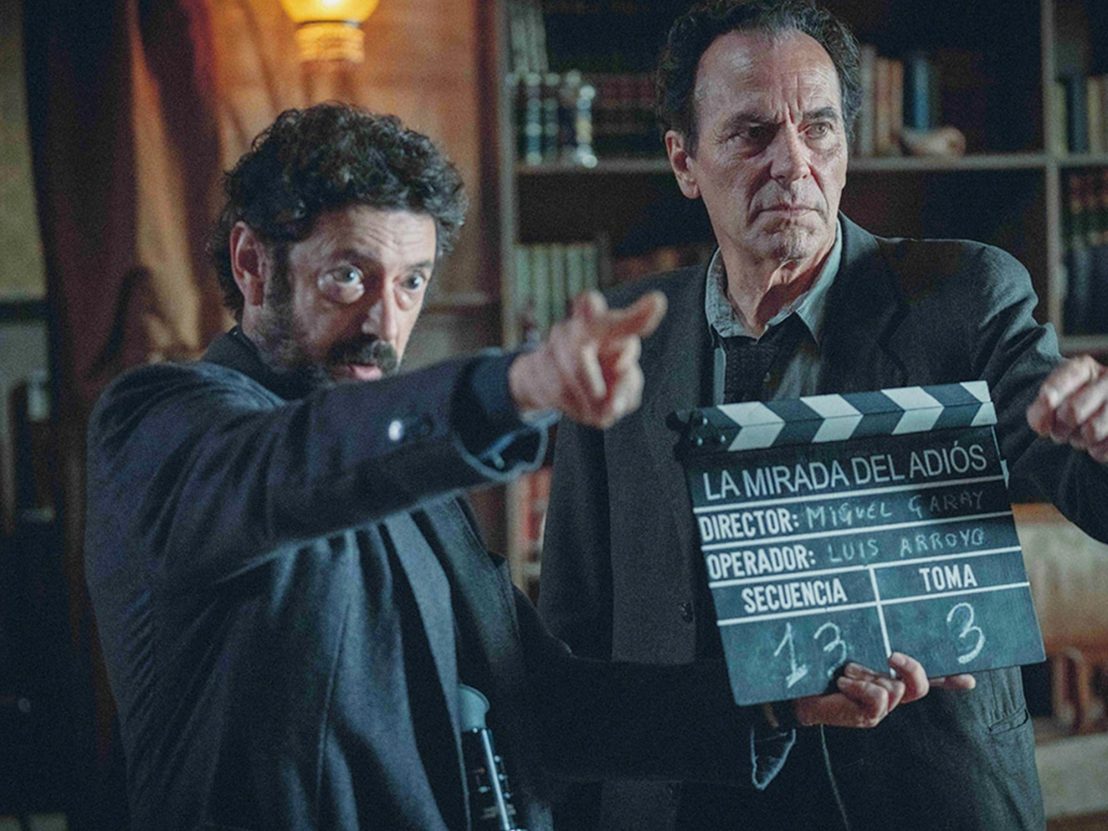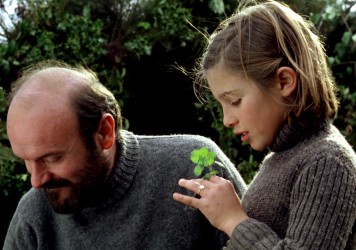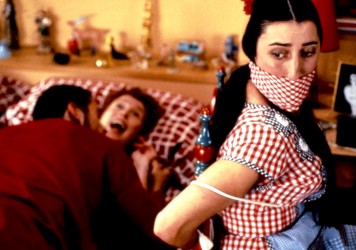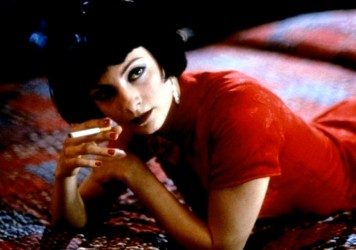
The long-awaited return of Spanish filmmaker Victor Erice is a slow-burn marvel which climaxes in a sequence of overwhelming profundity and mystery.
The very idea that there now exists in the world a new feature film by the long-absent Spanish director Victor Erice is a cause for celebration in and of itself. That the feature, named Close Your Eyes, also happens to stand shoulder to shoulder with the works upon which he made his name, supremely-lyrical stories that explore the profound intersections between landscape, history and art, such as Spirit of the Beehive, El Sur and The Quince Tree Sun, is nothing short of a miracle.
The yarn at the centre of Close Your Eyes is one that is unfurled with utmost precision and no great haste. Miguel Garay (Manolo Solo) is a one-time filmmaker and armchair intellectual who now resides in a beach-hut in a dowdy coastal marina. We are shown a segment of an unfinished film he made that he was forced to abandon – called The Farewell Gaze and which counted as one of its leads the great, forceful screen presence, Julio Arenas (José Coronado).
Miguel is forced to cast his mind back to the making of this curious film, as a TV documentary is being made about the sudden disappearance of Arenas in the midst of production. We follow our soft-spoken gumshoe-by-proxy as he re-connects with the ghosts of his and Julio’s pasts, but the mystery of his whereabouts prevails despite a persistent concern for his wellbeing.
This first half is slow and patient, taking time to allow us to marinate in the lives of these side-players, and watch as we see a man gradually rekindling his own fond memories of his time as a filmmaker and artist. Erice sees film as an indelible document of existence, and its through a web of unlikely memory-jogs and remembrances – photographs, trinkets, postcards – that Miguel is able to get closer to his missing-presumed-dead leading man.
Despite a procedural aspect to the script, as we amass details of what may have led to Julio’s departure, Erice is more interested in artfully mapping out the mechanisms of human memory, and how cinema plays a part in how we remember other people as well as ourselves. Matters take a strange turn, and the film shifts up into a new, more overtly emotional register, climaxing in a sequence of staggering beauty and transcendence. What begins as an apparently modest, small-scale drama, ends in a moment of ethereal beauty, for both characters and viewers.
Erice seldom allows the discourse between players to raise above a whisper, and the eternal, obsessive frustrations suffered by Miguel remain internalised until a final scene of both spiritual and cinematic awakening. One character aptly namechecks the Danish filmmaker Carl Dreyer in this final sequence, and from here we can see that Erice still has the courage and the conviction to stage a miracle similar to the one which still set jaws-dropping in 1956’s Ordet. Only this time, it’s not evanescent forces of spiritual fervour that are able to bring a man back to life – it’s cinema.
Published 24 May 2023

Every inch of every frame in this lilting father-daughter drama by Victor Erice is calculated perfection.

By Matt Thrift
With the Spanish maestro back in action we take a look back at his formative years.

Before you see Almodóvar’s latest seek out these lesser seen Spanish gems.